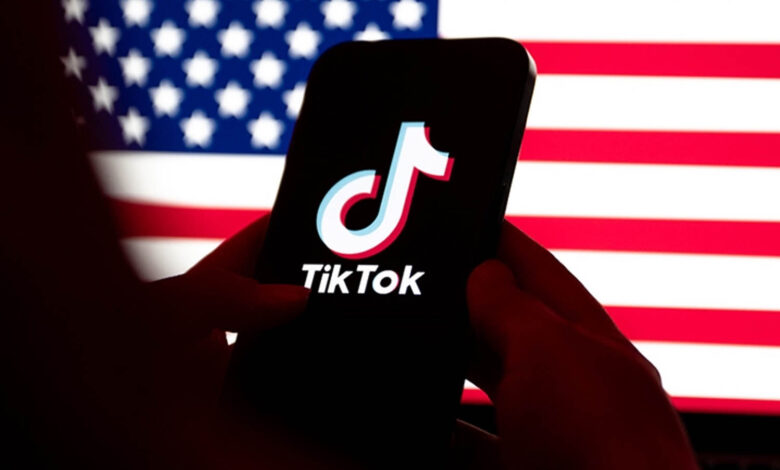Supreme Court Recap: The TikTok Band Controversy and Its Implications
Explore the Supreme Court's recent discussions on the TikTok band, featuring key arguments, implications for users, and potential outcomes.

The U.S. Supreme Court, in a session held on January 10, 2025, appeared inclined to uphold a controversial law that would ban TikTok in the United States unless its Chinese parent company, ByteDance, divests its ownership by January 19, 2025. The high-stakes case, TikTok v. Garland, has placed the justices at the center of a debate pitting free speech rights against national security interests.
During oral arguments, several justices, including those from both conservative and liberal wings, expressed skepticism towards TikTok’s and its creators’ First Amendment claims. Justice Neil Gorsuch raised concerns about the government’s use of secret evidence, but the overarching theme was the potential national security risks posed by TikTok’s Chinese ownership.
Solicitor General Elizabeth B. Prelogar argued on behalf of the Biden administration, emphasizing the national security threat posed by China’s possible access to American user data through TikTok. In contrast, TikTok’s lawyer, Noel Francisco, argued that the ban would infringe on the free speech rights of the app’s 170 million American users.
President-elect Donald Trump has filed an amicus brief urging the court to delay the ban, suggesting his administration would seek a “political resolution” to the issue. However, the Supreme Court’s inclination during arguments suggests a potential quick ruling before Trump’s inauguration on January 20, though the exact decision remains pending.
The case has garnered significant public attention, with debates online and in media outlets highlighting both the app’s role in free expression and the concerns over data privacy and foreign influence. The law, which received bipartisan support in Congress, was signed by President Joe Biden, aiming to mitigate what lawmakers describe as a “grave national security threat.”
As the deadline looms, the outcome of this Supreme Court decision could have far-reaching implications for how foreign-owned apps operate in the U.S., potentially setting a precedent for future cases involving national security and digital rights.
This case also underscores the tension between protecting national security and preserving the First Amendment rights, a balance the Supreme Court is tasked with navigating in an increasingly digital world.




